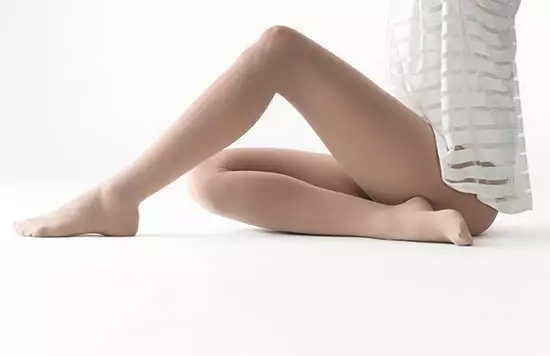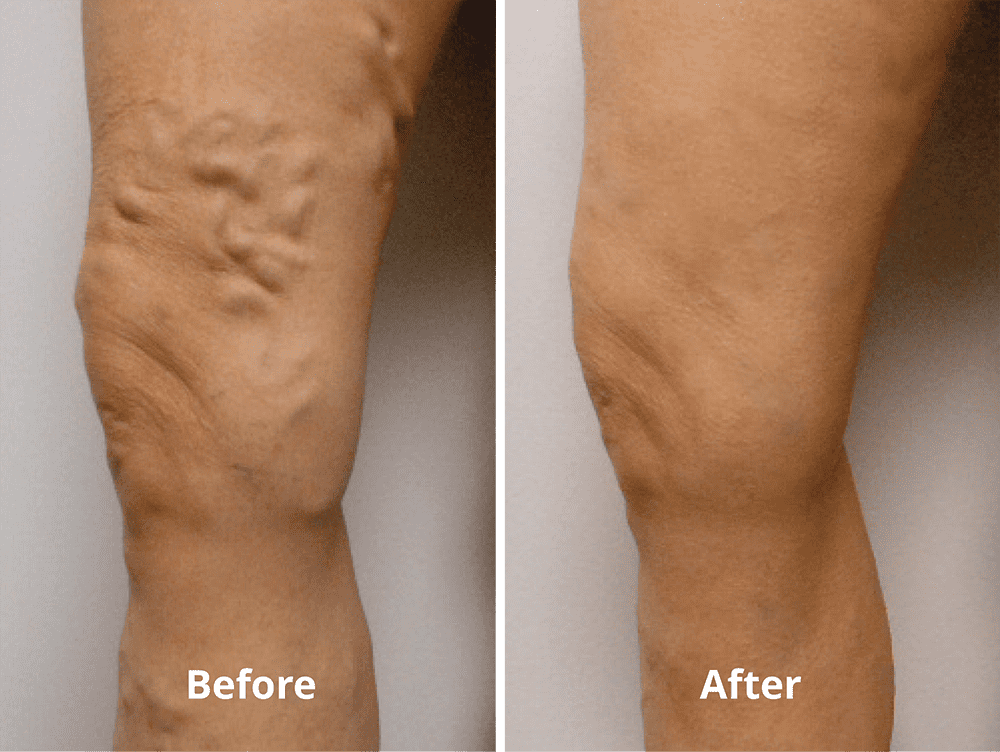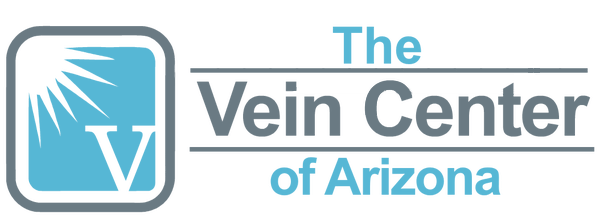Conservative Management
What is Conservative Management?
Before seeking out a surgical or non-surgical treatment for varicose veins and other uncomfortable vein disorders, doctors may recommend conservative management techniques for patients. Conservative treatments may be required by an insurance company before other treatments can be considered.
Common techniques include:
- Compression stockings, devices and donning supplies
- Periodic elevation of legs during the day
- Anti-inflammatory medication
- Prescription Medical Food

Compression Therapy
Many vein specialists consider graduated compression hose to be one of the most important advances in the treatment of venous disease. Compression hose has proven effective when used during treatment, for long-term therapy after treatment, and for preventative care.
Compression hose, while not intended to cure the underlying venous disease, are effective in the treatment of its symptoms. Designed to prevent blood from pooling in the leg veins, compression hose use graduated compression, which is strongest at the ankle and weakest at the thigh, to improve overall circulation. There are many newer types of compression hosiery and devices that are effective. Donning supplies make them easier to put on.
Conservative treatment will often not be practical for many patients, particularly due to work requirements, and progression of varicose veins may occur despite proper conservative treatment. Unfortunately, for some patients with severe deep venous insufficiency or postphlebitic syndrome, conservative treatment may be the only possible treatment option. This represents a small minority of patients with venous disease.
Support hose is mandatory for conservative management by insurance companies and is required post procedures, sclerotherapy and for lifelong management when traveling.
Support Hose Stores
- Ameswalker.com
- locostmedicalsupply.com
- compressionguru.com
- Foryourlegs.com
- Compressionstockings.com
- Brightlifedirect.com
- Compressionsale.com
- Compressionstore.com
- Jobst-usa.com
- Juzo.com
- Discountsurgical.com
- mediusa.com
- sigvaris.com
Additional Measures
Anti-Inflammatory Medication
Anti-inflammatory medications can treat pain and inflammation in conjunction with compression hose. The patient may also need to lie down and elevate the legs for a short period of time several times a day to reduce pressure on the legs and assist with blood flow.
Prescription Medical Food (flavonoid)
In Europe, the flavonoids and bio-flavonoids have been effectively and safely used for decades to alleviate venous insufficiency symptoms. Vasculera® is a prescription medical food product, regulated by the FDA, that reduces the severity of symptoms and helps to heal ulcers.
Non-Surgical Treatment Options
For varicose veins and venous diseases that cannot be managed solely using conservative treatment techniques, non-surgical procedures may be used. Non-surgical treatments offer a safe, quick, and virtually painless way to reduce or eliminate varicose veins for better skin and better venous health.
Common non-surgical treatments include sclerotherapy, the Venefit procedure, and laser therapy. Sclerotherapy utilizes a medical injection into the vein to cause it to shrink and close. The Venefit procedure uses radiofrequency energy to close the vein, while lasers use light energy for the same purpose. Laser treatments do not require any injections and are used for spider veins.

Real Results.
See results from Vein Treatments in our Before and After Gallery.
This image contains sensitive content. Click to reveal.

“I can now endure intense cardio and leg workouts, and it does feel like I’ve been given a new set of legs.”
Schedule a Consultation
Fill out this form or call 123
(928) 726-8346 today!
